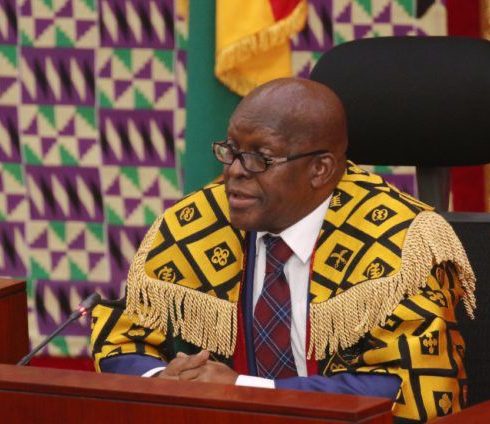What the LAW says: the current position of LGBTQ by Alex Owusu Asenso
It should be noted that in Ghana, there is no law in the constitution that allows a person to practice LGBTQ+.
Although the constitution or the Criminal Offences Act, 1960 (Act 29) does not specifically state that LGBTQ+ is a criminal offence or otherwise, Section 104 of Act 29 suggests that some acts of the LGBTQ+ community is against the law.
The relevant sections state that:
“a person who has unnatural carnal knowledge of another person of not more than sixteen years of age without the consent of that other commits a first degree felony and is liable on conviction to a term of imprisonment of not less than five years and to more than twenty five years,
or of another person of not less than sixteen years of age with the consent of that other person commits a misdemeanor;
The section goes further to define unnatural carnal knowledge as sexual intercourse with a person in an unnatural manner or with an animal. There is no doubt that this section of the act is ambiguous because of the element of consent.
Section 104 therefore criminalizes “unnatural carnal knowledge.”
In the two cases of Gligah & Atisoh v the Republic, and Banouisin v The Republic, Dotse JSC defined carnal knowledge as the penetration of a woman’s vagina by a man’s penis. For one to be considered to have had carnal knowledge, there should be a penis entering or penetrating a vagina. This has been the interpretation of carnal knowledge and this has been the court’s stance on what should be seen as carnal knowledge.
Anything aside this is deemed to be unnatural.
So in the face of the law, a man and another man cannot be said to have had carnal knowledge. For instance, in case where a man penetrates through the anus of another male below 16 years, the law sees such as sodomy which is a criminal offence in the criminal offences act, 1960.
Indeed the criminal offences act does not mention or classify two consenting male adults having intercourse as a crime specifically, but by the provision in section 104 of the criminal offences act, such act will be criminal as long as it is not the penetration of the vagina of woman by a man’s penis.
If one takes a look at the Marriage Act, CAP 127, in section 68(2), the Registrar is to address the parties as a husband and a wife. Various sections of the Act designates the parties as a husband and wife. Same with the Marriage under the Mohammedan law where the parties are referred to as bridegroom and bride wali.
Invariably, this is to say that the country only considers a man and a woman as parties qualified as becoming married in Ghana. Also the Intestate Succession Law, 1985 (PNDCL 111) does not see gay and lesbian partners as spouses upon the death intestate of a partner. The law only considers spouses, children, parents and customary successors as the only beneficiaries of the deceased estate. All these laws are literally not in support of LGBTQ.
In fact there is no law currently which is specifically created against LGBTQ but drawing from the various laws, rules, regulations and legislations, it is obvious that Ghana law is not in support of LGBTQ activities.
This has necessitated the current Promotion of Proper Human Sexual Rights and Ghanaian Family Values Bill.
Source - Alex Owusu Asenso








2 Comments
O.busquet
3 years agoI still want to ask thus Ghana law accept LGBTQ
Adarkwah Yiadom Andrew
3 years agoGreat piece